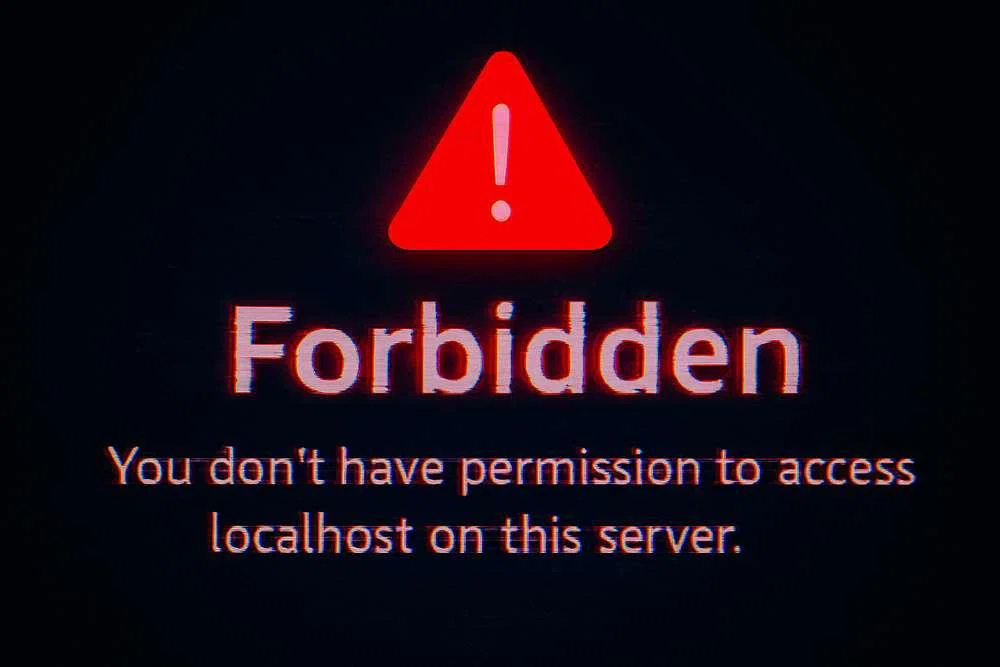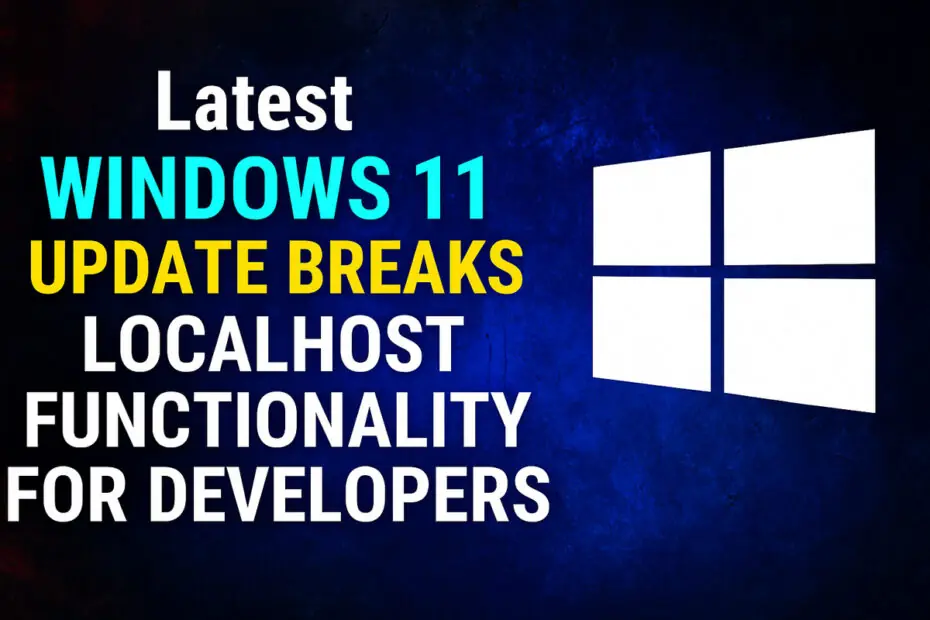A recent Windows 11 update, specifically KB5066835, has caused a major problem with how the operating system handles localhost. This has prompted a growing number of users and software developers, for whom a functioning localhost is essential, to uninstall the patch as a primary troubleshooting step in an effort to restore their systems.
It’s not yet clear how big the problem is, but many users on technical forums have been reporting similar issues and asking for help.

For context, “localhost” is the network address a computer uses to refer to itself. It allows software and developers to access network services running on the same machine, completely bypassing any physical network hardware. Since the Windows 7 era, Microsoft has managed this function through a component called Http.sys, which acts as a built-in web server for the Windows operating system.
Following the installation of KB5066835, users began reporting a range of localhost-related failures. These issues, which include HTTP/2 protocol errors and unsuccessful connection attempts, have been particularly disruptive in development environments like Visual Studio. The volume of inquiries became so high on platforms like Stack Overflow and Super User that moderators were compelled to lock several duplicate posts to manage the influx.
The fixes haven’t been the same for everyone. Some users managed to solve the problem just by uninstalling the KB5066835 update, while others had to also remove the earlier September patch, KB5065789, before things started working again. Interestingly, clean installs of Windows 11 with the newest updates already included don’t seem to be affected.
For those seeking an immediate solution, a temporary workaround has emerged: disabling HTTP/2 protocol support through a manual edit of the Windows Registry. Other potential mitigations include deactivating several Windows features, such as the native Hyper-V hypervisor, the IIS web server, the Windows Process Activation Service, and specific versions of the .NET Framework, before attempting to remove the update.
It’s interesting because Microsoft’s notes for the October Patch Tuesday update, KB5066835, didn’t mention anything about Http.sys or localhost. The update was supposed to bring security fixes and upgrades to Chromium browsers and PowerShell, so the issue looks like an accidental side effect rather than something planned.
This issue comes at a time when Microsoft is shifting its attention away from Windows 10, which just received its final cumulative update, marking the end of mainstream support. The company continues to promote Windows 11 as its most secure and advanced operating system yet. Still, as the localhost problem shows, even the latest version isn’t entirely free from the update hiccups users have dealt with for years.
Maybe you would like other interesting articles?

